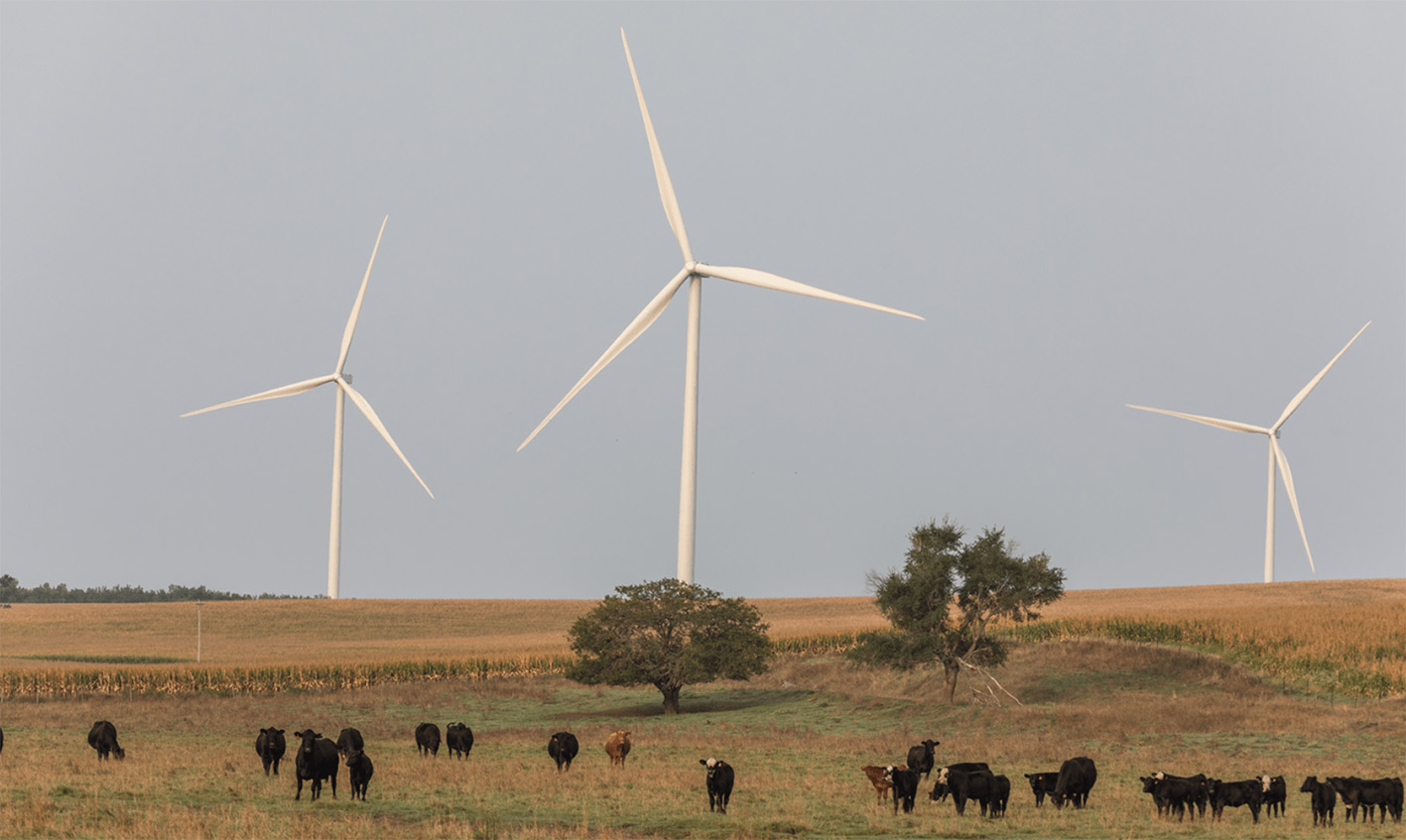Ørsted announced this Thursday it signed a power purchase agreement with Target, a general merchandise retailer, and with Hormel Foods, global branded food company, to sell them 298 megawatts from its Haystack Wind project in Nebraska.
Firstly, the PPA comes just months after Ørsted announced a similar deal with PepsiCo; deal that would push the beverage company into achieving it net-zero targets. In this same way, this new PPA will push Target and Hormel Foods into their carbon reduction commitments.
Secondly, the wind project is currently under construction and will come online later this year.
Thirdly, the project will contribute with $4 million every year in local taxes and landowner payments to the community. Also, pretends to create more than 300 construction jobs at the building peak.
Vishal Kapadia, Senior VP and CCO, at Ørsted Onshore, said. “It’s great to partner with Hormel Foods, PepsiCo, and Target as they work towards their renewable energy goals.”
Also recommended for you: RIC partners with Goldman Sachs for renewable projects in NY
Ørsted pushing food and beverage company into their GHG reduction commitments
“Through projects like Haystack Wind, we’re able to provide clean energy to the grid; while contributing to the project’s local community through job creation, landowner benefits, and local tax reduction.” He concluded.
On the other hand, Tom Raymond, Director of Environmental Sustainability for Hormel Foods, stated. “As one of the leading global branded food companies, Hormel Foods has committed to match 100 % of its domestic energy use with renewable sourcing by 2030.”
In addition, he remarked. “This project is another step we’re taking to achieve this important goal; and also, is an overall win for our environmental and energy programs.”
As we reported previously, Hormel and Target are the latest companies in line to comply with energy transition by power purchase agreements. Specifically, in the food and beverage, as we said above, PepsiCo committed to reach a 100% renewable power for their Mexican and Australian operations this year.
Moreover, the company has pledged to reduce its greenhouse gas emissions, across their entire value chain, by more than 40% for 2030. Finally, it wants to become net-zero by 2040.


